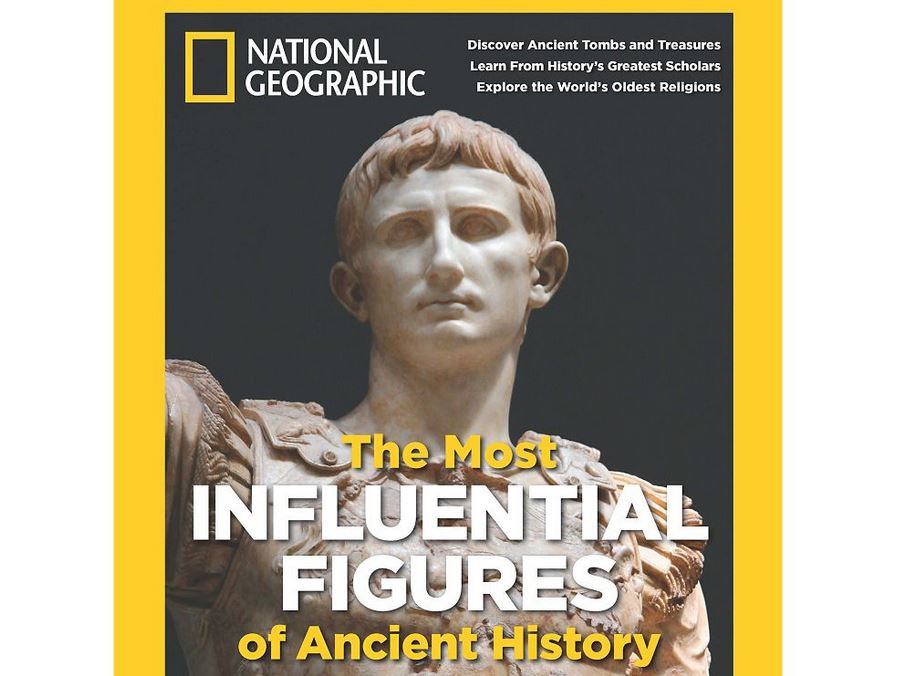Most Read from past 24 hours
Why Faith Is Not Irrational
- Culture, Featured, Philosophy, Religion
- February 18, 2026

In a dumbed-down culture we are often happy to take any scraps of intellectual comfort we can find. In such an impoverished climate, a magazine like National Geographic takes on almost iconic significance. We are tempted to see it as a last bastion of intellectual engagement, offering crumbs of comfort in the age of the
READ MORE
In recent weeks, a report on the value of homework has been making the rounds. In a nutshell? Homework for elementary school children is not beneficial. Texas teacher Brandy Young has apparently taken these homework findings to heart. As USA Today reports: “Last week, mom Samantha Gallagher posted a note on Facebook from her daughter’s teacher reading: ‘After
READ MORE
Academics around the country are embracing the relatively new trend of using trigger warnings to shield students from ideas that might be discomforting or trauma-inducing. These ideas often include topics that touch on “racism, classism, sexism, heterosexism, cissexism, ableism, and other issues of privilege and oppression.” Though there is some debate surrounding how widespread the
READ MORE
Most people in America think others should be treated equally regardless of their race. Unfortunately, the various interpretations of what is meant by “treating people equally” has led to a lot of actions that could be interpreted as pandering that borders on disrespect. One of these may very well be the dedication of February in
READ MORE
Save this article to favorites
READ MORE
Late last week, The Washington Post highlighted a bit of a rant titled “What the modern world has forgotten about children and learning,” by author Carol Black. In essence, Black’s article takes issue with the modern education system’s insistence that every child fit into its timetable of learning. Nowhere is this seen more clearly than
READ MORE



